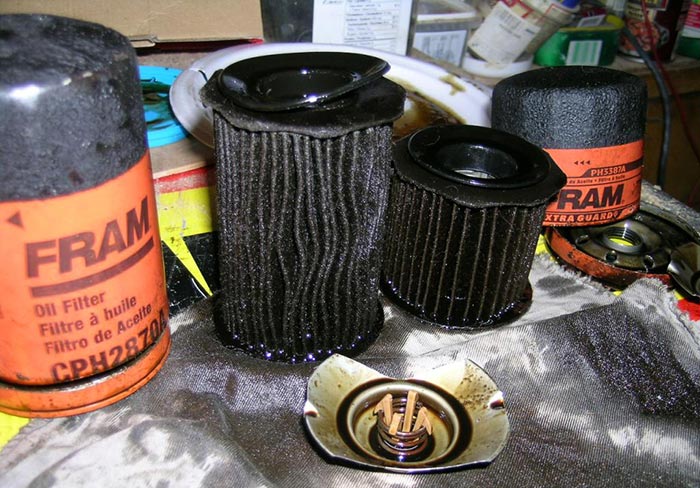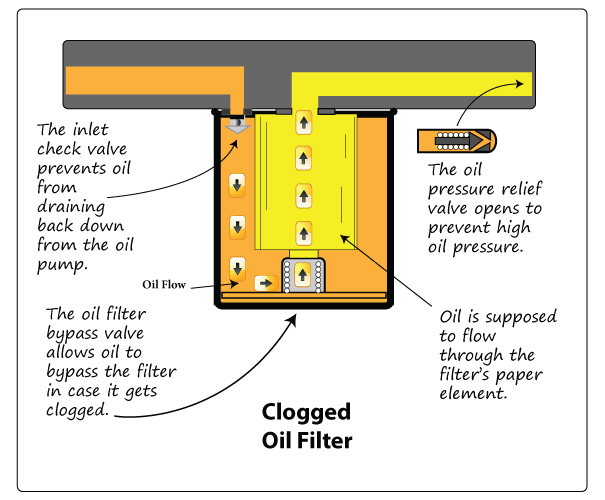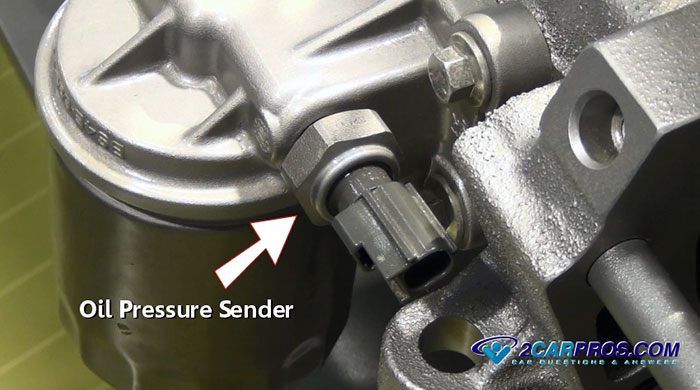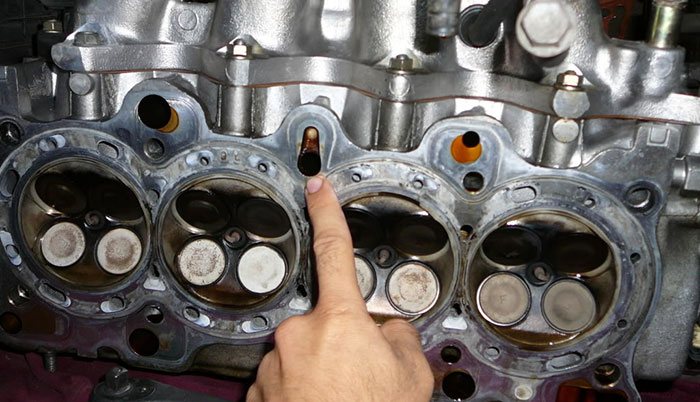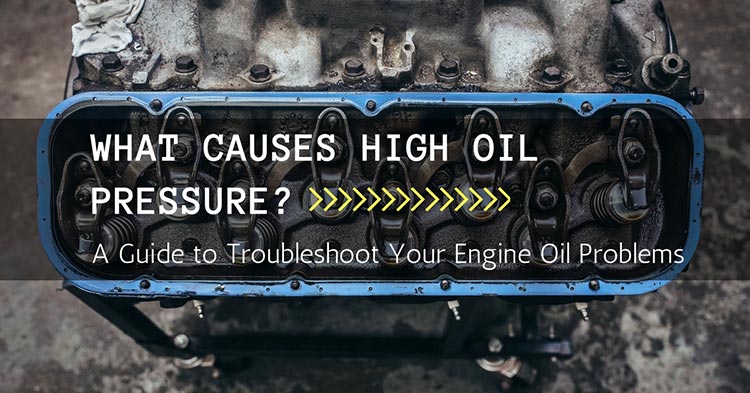
What Causes High Oil Pressure? – A Guide to Troubleshoot Your Engine Oil Problems
After having all the fluids and oil checked and making the necessary replacements, does your oil gauge reading show a high pressure? This is not rare situation you are facing. One of the frequent questions asked by vehicle owners is, ‘What causes high oil pressure?’ The median level is the ideal position for the oil pressure gauge to be in.
More...
If you are often faced with high pressure readings for oil, you need not panic that it is time for replacement of your engine. While in some cases the engine replacement may be the only choice most often than not the reason can be easily rectified. This post will explain what causes high oil pressure in detail and the ways to circumvent it.
Know about Oil Pressure in your Car
The pressure in the engine oil is evaluated by oil flow rate via internal combustion engine. A low or high engine oil pressure should be treated with caution as both can cause trouble for you.
So how is the pressure in the engine oil determined? The pressure of the engine oil is measured by the rate of oil flow via the car’s engine (internal combustion). Watch this video for more information.
What Symptoms Do You Find if the Pressure is High?
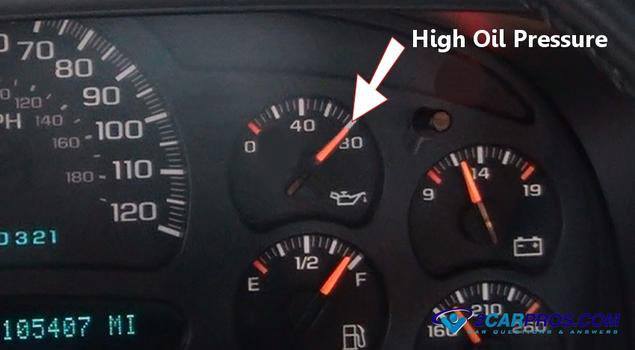
Other than finding a high reading in the pressure gauge there is no other symptom that indicates a high pressure. The reasons for increase in engine oil pressure range from oil of higher density and dirty filter to defective sensors.
By placement of external gauges in the port of the sending unit you can identify whether it is a defective part or high pressure of engine oil that is causing the spike in oil pressure.
How Does High/Low Pressure Affect Your Car?
The flow of oil in the engine is the significant criterion for checking oil lubrication and not the pressure. Low pressure can be good for the engine up to certain limits.
High pressure however is not good for the engine and you should be concerned, if you see the pressure gauge indicating a high pressure.
Since pressure indicates the flow resistance, low viscosity oil and wide oil channels in an engine lead to faster rate of flow and low oil pressure. This reduces wear and hence is a desirable condition.

On the contrary, smaller oil galleries and high oil viscosity leads to slower flow and high pressure. This affects the lubrication of the engine. In very extreme situations, the oil will not reach all the parts of the engine leading to wear of essential engine parts. In some engines, the oil would pass through a valve that returns the oil back to the engine’s sump. Thus all the moving parts will not get the needed oil for lubrication.
Possible Causes Behind High Oil Pressure
1. Idling Pressure
2. Problem in Relief Valve
3. Dirty Filter
4. Oil Quality
5. Defective Oil Sending Unit
6. Blocked Passage
7. Other Possible Causes
Precautions to Consider
Keep an eye on any large increase or decrease of oil pressure from its usual level. This indicates a fault that needs to be taken care of.
As we mentioned in the beginning, proper flow should gain precedence over pressure for proper lubrication.
Choose a top quality oil brand that has high viscosity. This will reduce thinning of the oil at high temperature.
Now that you know about what causes high oil pressure and the implications of high and low pressure, you will be able to identify the real issue behind the high pressure and take the necessary action. Hope you enjoyed our guide on what causes oil pressure to increase?
If you find it informative and interesting, please share this guide on social media. You can also post your suggestions and comments here. Have a smooth and wonderful ride always!
Related Posts
Top Simple Ways to Improve the Look of Your Car
What are toll roads, and how to pay the tolls?
How to Increase Your Visibility When Driving at Night
Are Dodge Chargers Expensive to Fix?
Fleet Fuel Cards for Optimal Car or Truck Expense Tracking



